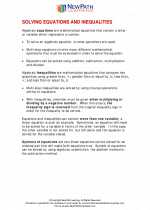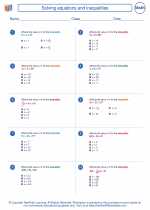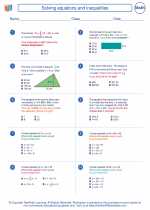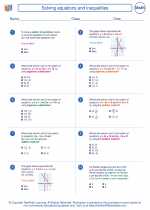Understanding Financial Planning
- Assessing Your Financial Situation: This involves analyzing your income, expenses, assets, and liabilities to understand your current financial position.
- Setting Financial Goals: Identify short-term and long-term financial goals such as buying a home, saving for retirement, or paying off debt.
- Creating a Budget: Develop a budget that outlines your income and expenses, allowing you to allocate funds towards your financial goals.
- Managing Debt: Understand the different types of debt and create a plan to pay off high-interest debts to improve your financial situation.
- Investing for the Future: Learn about different investment options such as stocks, bonds, and mutual funds to help grow your wealth over time.
- Retirement Planning: Understand the importance of saving for retirement and explore retirement savings options such as 401(k) plans and IRAs.
- Risk Management and Insurance: Explore the role of insurance in protecting your assets and managing financial risks.
- Estate Planning: Learn about the importance of creating a will and establishing a plan for the distribution of your assets after your passing.
Key Concepts in Financial Planning
- Compound Interest: Understand how compound interest can help your savings grow over time and the importance of starting to save early.
- Emergency Funds: Learn why it's essential to have an emergency fund to cover unexpected expenses and financial emergencies.
- Tax Planning: Understand how taxes impact your finances and explore strategies to minimize tax liabilities.
- Financial Literacy: Develop a solid understanding of financial concepts such as interest rates, credit scores, and investment principles.
- Risk Tolerance: Assess your risk tolerance to determine the most suitable investment options for your financial goals.
[Financial Planning] Related Worksheets and Study Guides:
.◂Math Worksheets and Study Guides Eighth Grade. Solving equations and inequalities
Study Guide Solving equations and inequalities
Solving equations and inequalities  Worksheet/Answer key
Worksheet/Answer key Solving equations and inequalities
Solving equations and inequalities  Worksheet/Answer key
Worksheet/Answer key Solving equations and inequalities
Solving equations and inequalities  Worksheet/Answer key
Worksheet/Answer key Solving equations and inequalities
Solving equations and inequalities 

 Worksheet/Answer key
Worksheet/Answer key
 Worksheet/Answer key
Worksheet/Answer key
 Worksheet/Answer key
Worksheet/Answer key

The resources above cover the following skills:
Algebra (NCTM)
Represent and analyze mathematical situations and structures using algebraic symbols.
Develop an initial conceptual understanding of different uses of variables.